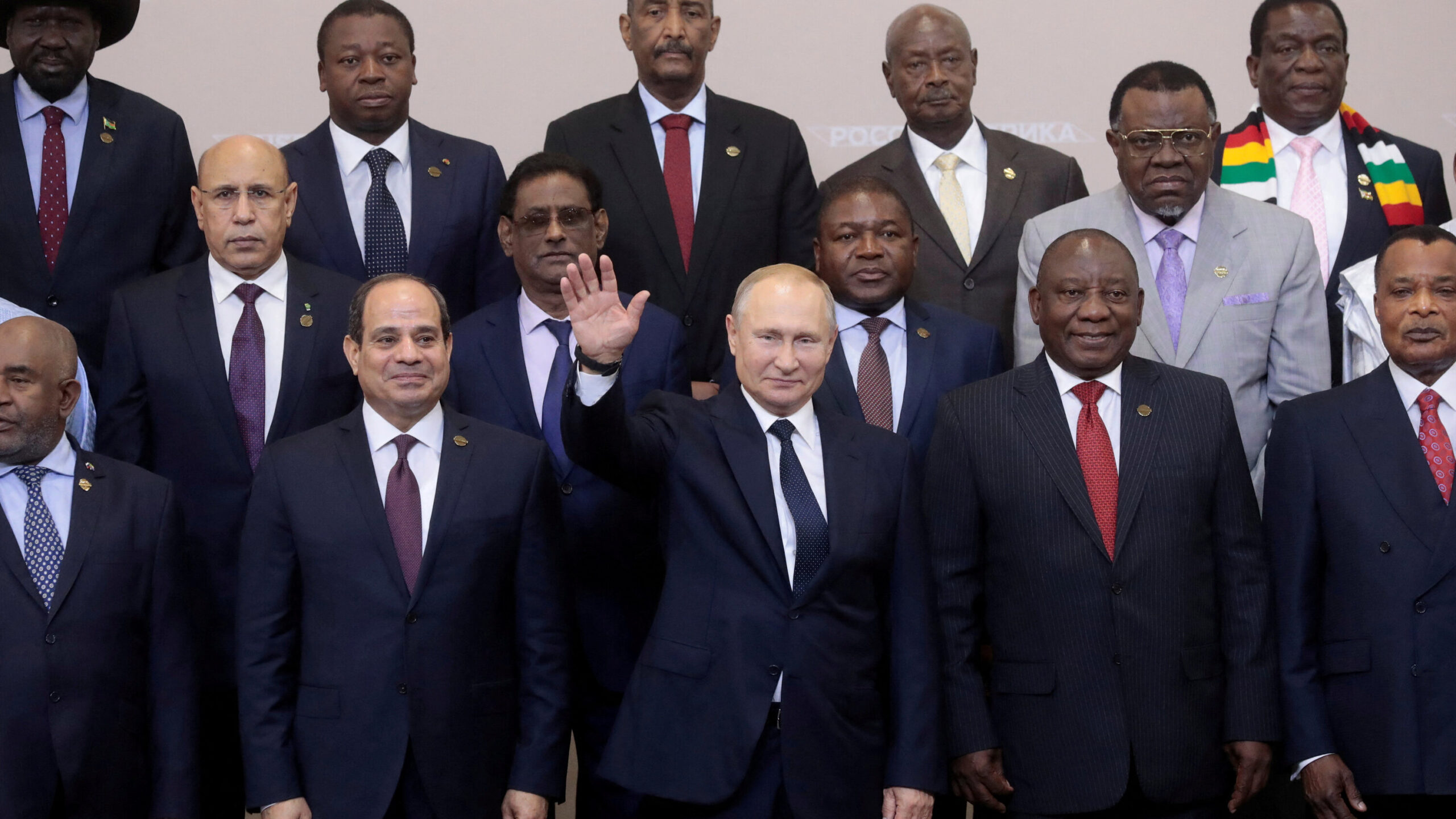Russian President Vladimir Putin recent telephone conversation with Mali’s interim president, Assimi Goita, has ignited concerns about Russia’s growing influence in the West African region. Against the backdrop of unfolding events in Niger and the Sahara-Sahel region, this exchange of words holds implications for regional stability and global power dynamics.
Diplomatic Engagement Unveiled: Putin and Goita’s Conversation
In a statement released by the Kremlin, it was revealed that Vladimir Putin and Assimi Goita engaged in a telephone conversation prompted by the Malian side. While several topics were discussed, the situation in the Sahara-Sahel region received particular attention. Putin underscored the significance of pursuing an “exclusively peaceful political and diplomatic” resolution to the ongoing situation in Niger.
Expanding Influence: Russia’s Stance on Regional Stability
Putin’s emphasis on peaceful resolution aligns with Russia’s broader strategy of positioning itself as a diplomatic player in global conflicts. The call resonates with Russia’s message of advocating for dialogue and non-military solutions, an approach that can potentially bolster its image as a peacemaker.
Building on Previous Engagements: Continuity in Discussions
The telephone conversation between Putin and Goita is positioned as a continuation of the Russian-Malian high-level talks initiated during the Russia-Africa summit held in St Petersburg the previous month. This continuity in engagement highlights Russia’s intention to maintain diplomatic ties and discussions with African nations, seeking to solidify its presence and influence in the region.
Russia’s Stance on Sahel Security: A Multilateral Approach
Addressing a wider audience during the Moscow Conference on International Security, Putin reiterated the security challenges faced by countries in the Sahara-Sahel region, including Mali and the Central African Republic. Putin drew a connection between the rise of terrorist groups and the destabilization of Libya following interventions by the US and its allies. By doing so, he positioned Russia as an observer concerned about the security dynamics in the region.
Echoing Concerns: Goita’s Response
Assimi Goita, Mali’s interim president, echoed Putin’s call for a peaceful resolution to the Niger crisis. This alignment indicates a diplomatic rapport between the two leaders and suggests that Russia’s messaging has resonated with Malian authorities. Goita’s emphasis on a peaceful resolution underscores the shared concern for regional stability.
Russia’s Potential Interests: Mali-Niger Relations
Mali’s hosting of a delegation from the Niger junta in August hints at potential cooperation between the two nations. This development could mark the beginning of a partnership between the junta and the Wagner mercenary group, known for its involvement in various conflicts. Wagner’s role in Mali, combating Islamic insurgency near the borders of Mali, Burkina Faso, and Niger, could have wider implications for regional security and Russia’s strategic interests.
Global Power Dynamics: Implications for Western Influence
Russia’s diplomatic overtures in West Africa have implications for Western powers’ influence in the region. As Russia engages in discussions and offers diplomatic solutions, Western leaders may view these actions as an effort to expand its foothold and undermine their influence. The timing of Putin’s call, just days after West African leaders order a regional standby force’s activation, indicates Russia’s intent to be see as a credible player in the region’s security dynamics.
Conclusion: A Complex Game of Diplomacy
Vladimir Putin’s telephone conversation with Mali’s Assimi Goita signals Russia’s intent to solidify its diplomatic role in West Africa’s security landscape. By advocating peaceful solutions and engaging in discussions, Russia aims to assert its influence and offer an alternative to military interventions. As global and regional powers navigate the complex web of diplomatic strategies, the outcome of this delicate balance will shape the trajectory of stability and influence in the Sahara-Sahel region and beyond.
